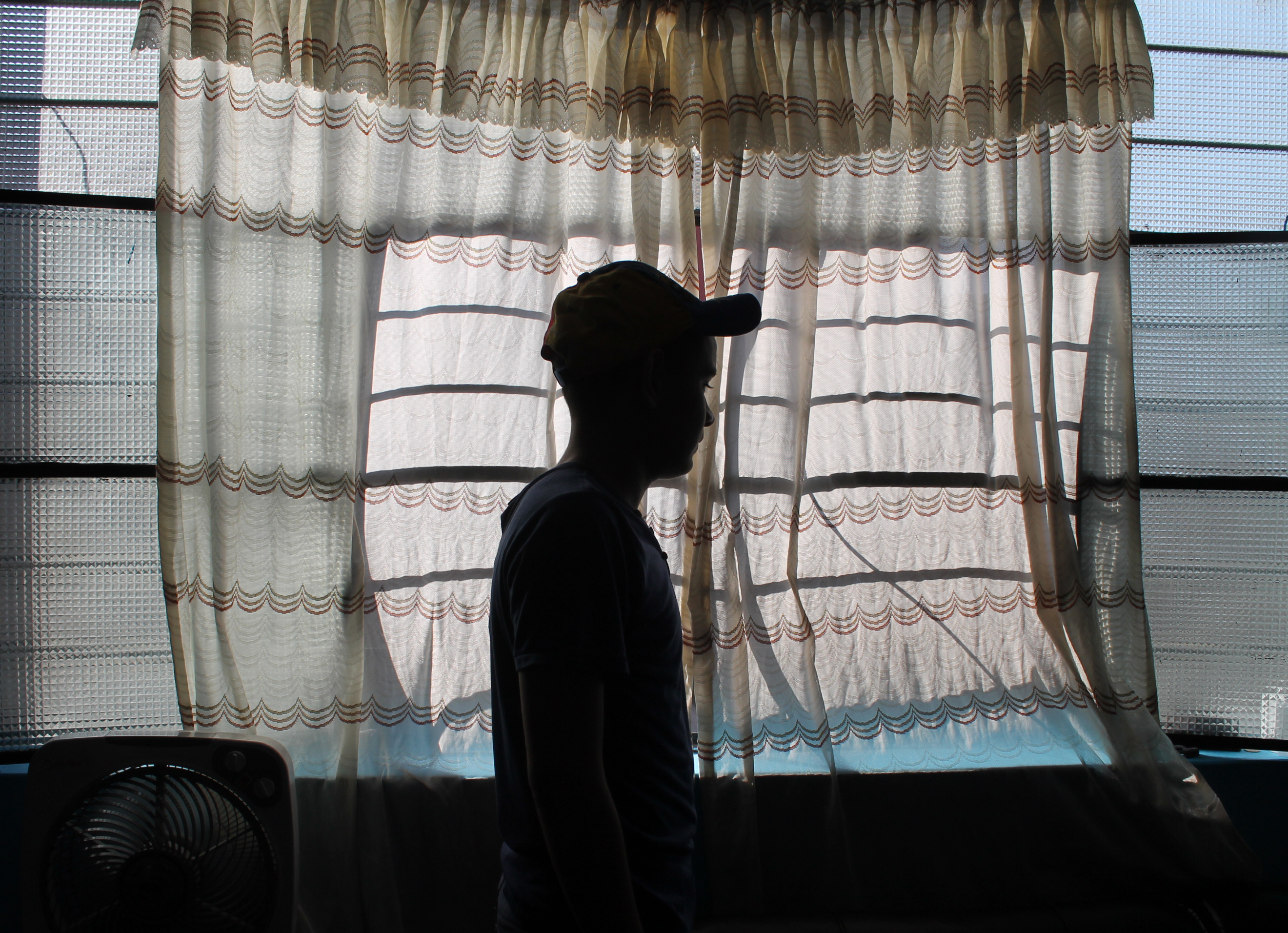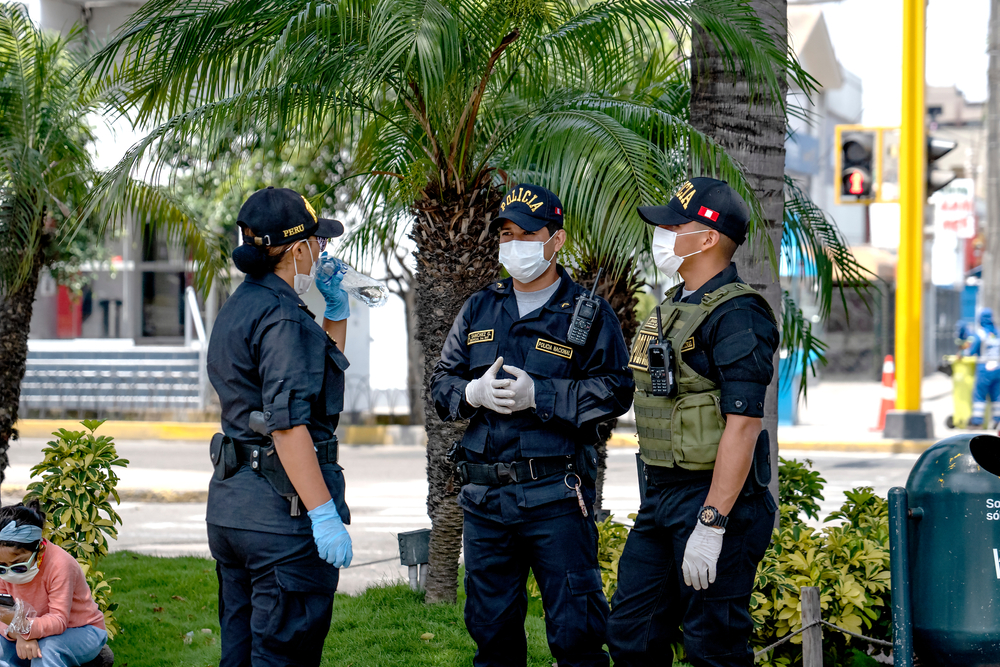
Fernney cannot forget the day when he found out that his friend Luis* had died of COVID-19 in Arzobispo Loayza Hospital. "It was devastating. Luis was a young Venezuelan living with HIV, just like me. I feel like if I get COVID, it will kill me too." Fernney arrived in Peru two years ago, escaping hunger and repression. Today he faces another crisis triggered by the pandemic: living between fear and unemployment.
While he should quarantine at home, Fernney goes out so he and his mother can afford to buy food. Before the quarantine, he worked odd jobs such as painting homes or repairing furniture. He made around 200 Peruvian soles a week (about $60). Now, he is lucky if he makes one sol.
"Some days, we barely eat," says Fernney as he takes a 20-soles bill out of his sneaker. "This is all I have for the next few weeks, and that's why I keep it here. I can't get any jobs; people no longer have money, and those who do don't want to spend it."
(*) In order to protect the identity of persons with HIV interviewed for this report, their names have been replaced by pseudonyms.
To read the full version of this article in Spanish, click here.
Fernney no olvida el día en que se enteró que su amigo Luis* murió por COVID-19 en el Hospital Arzobispo Loayza. "Me pegó bastante, imagínate. Luis también era joven, venezolano y con VIH, como yo. Siento que si a mí me da COVID, también me va a matar". Fernney vino hace dos años a Perú, huyendo de la represión y el hambre. Hoy afronta una situación también crítica por la pandemia: vivir entre el miedo y el desempleo.
Aunque debería quedarse en casa, Fernney tiene que salir, para que su madre y él puedan comer. Antes de la cuarentena, hacía "cachuelos" como pintar casas o arreglar muebles. A la semana hacía unos cuatro y obtenía alrededor de 200 soles. Ahora, a veces consigue uno, con suerte.
"Hay días que casi no comemos", cuenta Fernney y saca de su zapatilla un billete de 20 soles, "Esto es todo lo que tengo para las próximas semanas, por eso lo guardo así, ya no consigo ningún cachuelo; la gente ya no tiene plata y el que tiene no quiere gastarla".
(*) Para proteger la identidad de las personas con VIH entrevistadas para este reportaje, sus nombres han sido reemplazados por seudónimos.
COVID-19 Update: The connection between local and global issues–the Pulitzer Center's long standing mantra–has, sadly, never been more evident. We are uniquely positioned to serve the journalists, news media organizations, schools, and universities we partner with by continuing to advance our core mission: enabling great journalism and education about underreported and systemic issues that resonate now–and continue to have relevance in times ahead. We believe that this is a moment for decisive action. Learn more about the steps we are taking.














